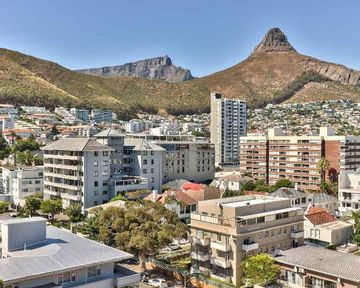Buying property for home and work
The work-from-home pandemic-induced trends have spurred a wave of home-based small businesses and cottage industries. According to the Seeff Property Group, estate agents are increasingly dealing with property buyers in search of residential properties where they can live and work from home or run a small business.
The answer to that usually depends on the local municipal zoning and land use regulations as well as the type of profession or business that you are planning to run from your home, says Seeff. It is best to be upfront about your needs and to discuss that with the agent who can give you the right advice.
If you are for example doing consulting or freelance work or the business is primarily digital and you will generally travel to see clients, it is usually not a problem and fairly straightforward. If, however, it is a retail type of business or one which involves manufacturing or client visits to the premises, it becomes more complex.
Aspects such as the number of people involved along with noise, visitors, and parking are usually problematic.
Seeff says the most important consideration when it comes to whether you can operate a business from your property and the type of business will depend on the local municipal zoning and use of land guidelines. As a starting point, you can usually check with the agent when you enquire or view the property, or make enquiries with your local council.
Generally, if the property is in an ordinary residential zoning area, it must be primarily used for residential purposes. The business operator must live on the premises and no more than three employees may be engaged in the business.
As the need for more small business growth spreads, local councils are increasingly amending local zoning and regulations to allow for more flexibility, but this would never be intended to enable noisy businesses or visitor and parking violations.
In the City of Cape Town, for example, the basic residential zoning now allows you to work from home or to run a small place of worship, crèche, and an Airbnb, bed-and-breakfast, or guest house, subject to certain provisions. The main purpose of the property, however, must be a residence and the business owner must reside there.
The arrival of Airbnb in particular has opened many business opportunities for homeowners. It is a great way to generate additional income for some and for others it might be a hobby. You would need to check your local council regulations, but in the case of Cape Town for example there are no restrictions, subject to a maximum of six guests at any one time and only three rooms may be used.
If you want to run a small crèche from your home, a maximum of six children is permissible. If you want to have more guests or children or extend your property to accommodate the business, you will need to apply to the council.
There are usually strict regulations insofar as signage on the property or boundary wall is concerned and you need to check up on this. You should also ensure that your business does not interfere with your neighbours.
Seeff says it is best to look for a property that will suit running a business from home. Even if you are just working from home, a separate space may be more conducive. If you have a family, you may want to look for a home with a study or extra space which could be converted into a home office. Some properties also have outbuildings which could easily be converted to a studio or garden office.

